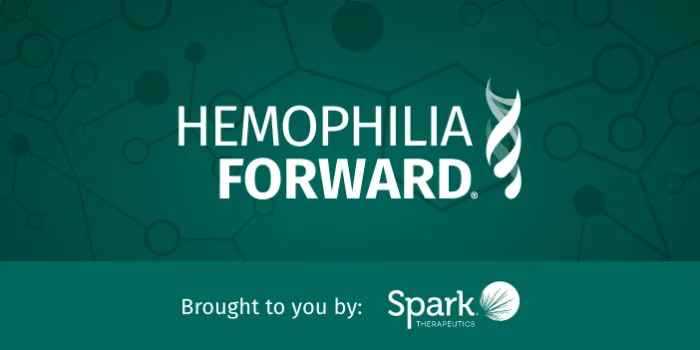Taking that first step toward clinical trial participation can feel like a leap. There are a few things to remember as you consider your options. If you or a family member are interested in participating in a gene therapy clinical trial, be sure to talk with a doctor to fully understand the process, criteria, and expectations.
Ask the right questions

Before starting a conversation with your doctor or healthcare provider, become familiar with the basics. Bringing specific and relevant questions to your appointment can give you a head start in the decision-making process. It may be helpful to create a doctor discussion guide for your next appointment to better understand current gene therapy clinical trials and expectations for participation.
Understand what to expect

Every clinical trial is different—including the approach to different investigational gene therapies. There’s a lot to consider before making such a big decision, including trial criteria, timing and location, safety risks, and impact on current or future care. Follow-up commitments and what support may be available from the trial may also be important considerations as you plan for the future. Take time to get the full details and discuss the idea with important people in your life.
See an overview of the clinical trial process and the important considerations throughout.
Discuss eligibility with your doctor
Before enrolling in a gene therapy clinical trial, there is a common screening process to evaluate factors such as age, disease severity, inhibitor status, and overall health. A certain test also checks to see whether your body has developed preexisting neutralizing antibodies (NAbs), which can impact the effectiveness of the adeno-associated vector (AAV) used in investigational gene therapies.
Clinical trial screenings that may be required:

Age (e.g., 18 years or older)
In general, adeno-associated virus (AAV) gene therapy clinical trials for hemophilia have focused on enrolling adults.

Severity of hemophilia
Clinical trial enrollment is impacted by clotting factor activity. Some trials restrict to less than or equal to 2% clotting factor, while others may allow up to 3%.

Factor inhibitor status
Inhibitor activity may impact participation.
Every clinical trial is different.

Overall health history (e.g., health of liver)
Other medical conditions may influence enrollment criteria.

Pre-existing neutralizing antibodies (Nabs)
Nabs indicate prior exposure to AAV.
Your participation in ongoing research and clinical trials helps move the science forward. Remember, not all clinical trials are the same, and evaluating whether participation is right for you means understanding complex science about hemophilia and gene therapy. Meet with your healthcare team for guidance as you evaluate your best options.


